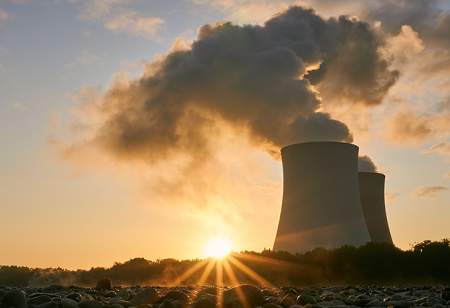 Magazine
Magazine

In the current fiscal year’s budget, India proposed public-private partnerships to develop small nuclear reactors aimed at increasing carbon-free electricity production. This aligns with India's broader commitment to expanding clean energy capacity and reducing carbon emissions. The government has encouraged states to consider nuclear power plants at sites where coal-based thermal plants have reached end-of-life, according to a recent government statement.
The federal power minister has urged states, especially those distant from coal resources, to explore nuclear power as an alternative for meeting rising electricity demand.
India's nuclear expansion has been challenged by its strict nuclear liability laws, which have complicated negotiations with international power plant builders like General Electric and Westinghouse. Despite these hurdles, the government has set an ambitious goal to increase nuclear capacity from the current 8 GW to 20 GW by 2032.
The power minister also recommended states list power utilities on stock exchanges to attract more investment in the sector, particularly to bolster the transmission network needed for renewable energy integration. India aims to achieve 500 GW of renewable capacity by 2030 as part of its commitment to net zero emissions by 2070.
We use cookies to ensure you get the best experience on our website. Read more...